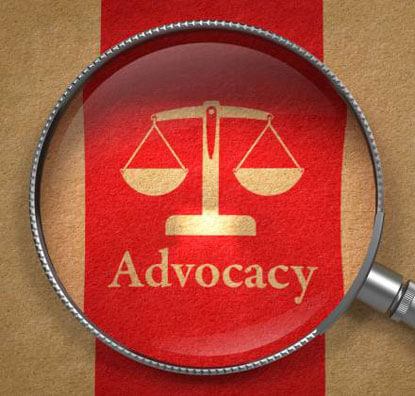Applying for, being accepted, and completing law school is the easy part for minority law students. The hardest part is keeping their job in a law firm upon graduation. Employers are still searching for minorities to work at their offices, which is astonishing despite the rough economy. The problem begins when data released shows that 87 percent of ethnically and racially diverse law firm associates quit their jobs within the first five years across the nation.
Take Minnesota for instance, where only 13 percent of attorneys in the state are from a population of color, which is only slightly better than the national average of 11.6 percent. A nonprofit organization known as Twin Cities Diversity in Practice, which is seven years old, aides 27 local law firms and 12 corporate legal firms find more diverse legal candidates.
“The Twin Cities has done a better job talking about its business climate,” said Executive Director Val Jensen. “It’s pretty white and pretty cold. So why would you want to come here as an African American or a Latina?”
Jensen’s job duties include getting more candidates into law schools, making sure they understand the position’s realities, and making sure that their employers allow room for advancement.
A bar survey released information about overall perceptions of racial bias in the legal world, which has risen in the past five years, those perceptions have decreased amongst minorities. Two-thirds of minority attorneys said they experienced bias in their interactions with other lawyers back in 2005. This number can be compared to 56 percent in 2010. From 2005 to 2010, the percentage of discrimination in workplaces being reported dropped from 77 to 75 percent. The amount of perceived bias in courtrooms fell from 61 to 59 percent. People who report an experience with bias in law schools tallied only 52 percent, which is a very welcoming statistic.
“Our focus is on getting lawyers of color into the Twin Cities and then supporting our members in keeping them here,” said Jensen.
The organization recently invited 75 minority students from the Twin Cities’ four law schools to the law offices of Faegre & Benson for an evening with mentors they will team with over a period of six months. The mentor program is one of the most well respected in the country, helping minority law students learn about their future careers and making contacts along the way.
“The way large law firms work is they bring [prospects] in after the second year of law school typically,” said Jensen. “Everyone wants to take you to lunch. But that wooing period is not at all indicative of what the next three to five years of your life is going to look like. You get on the job and in your practice group and then there’s a disconnect of expectations. You might very well have to do [tedious] document review for a few years.”













































